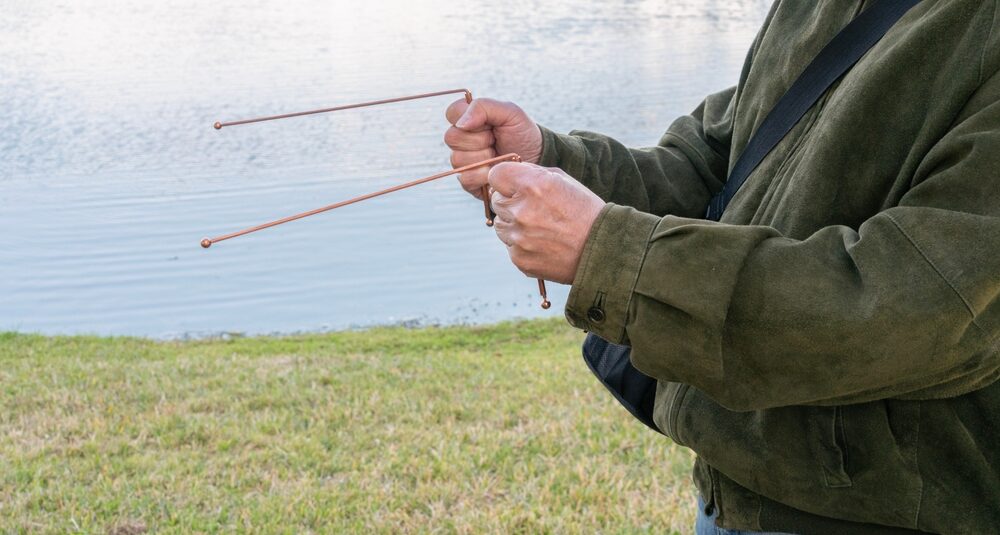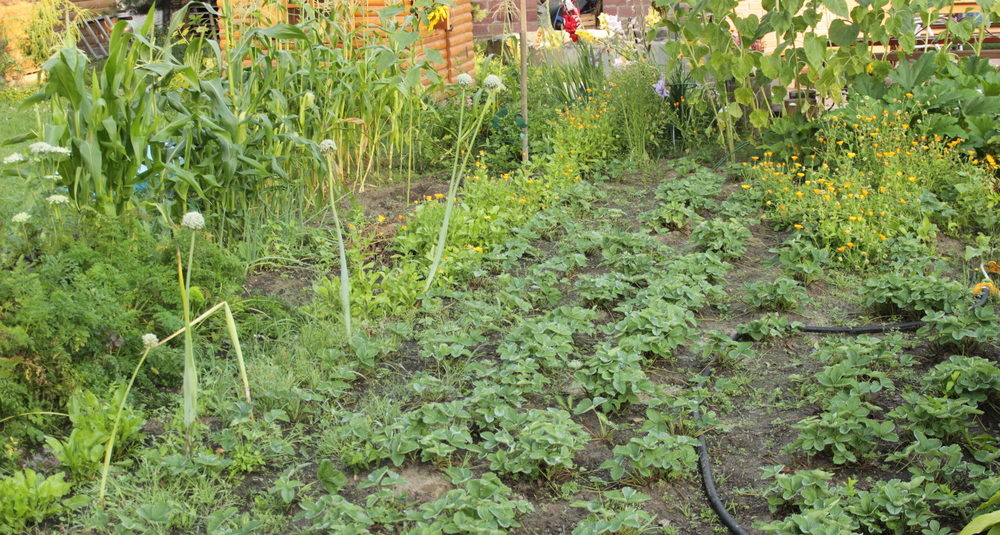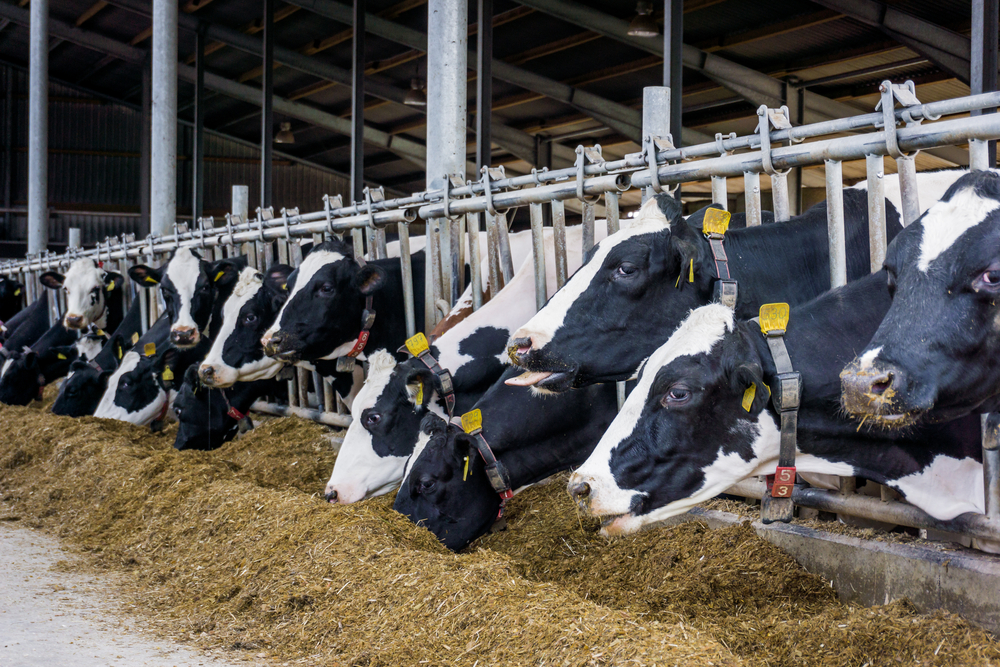De capita selecta-series ‘Farming and Learning with the Hidden Half of Nature’, which aimed to explore perspectives on alternative approaches to nature and agriculture, has been cancelled following controversy on LinkedIn.
The course had been planned for period five and has been announced through posters on the campus since December. The explanation revealed that the course content was atypical of Wageningen, with topics such as divining and the influence of magnetic fields and other ‘difficult to measure or hidden methods that fit in with a completely sustainable farming system’, the text on the poster reads.
The course content was based on the work of, among others, Julia Wright, associate professor of Agroecological Futures at Coventry University (with roots in Wageningen, she obtained her PhD at WUR). The course was to be taught by a team of (former) WUR teachers and people from the field, initiators Kees van Veluw, Ruur Boersma and Marijke Kuipers envisioned. The course was embedded in the Education and Learning Sciences group (ELS), which has a history of being a breeding ground for new initiatives, such as the elective course Exploring Regenerative Cultures for Sustainability, which has since been approved. ELS was willing to offer the new course an opportunity as a capita selecta pilot, as the group was aware of the fact that the course leans against the boundaries of what is permissible within a university
Controversy
Sixteen students, among whom several alumni and WUR employees, registered for the course. But the course has been cancelled. ELS retracted it following outrage on LinkedIn. Co-initiator Van Veluw posted a message announcing the course and included a picture of the aforementioned poster. In addition to some positive reactions, there were also many negative replies: ‘Why would WUR offer such esoteric quackery?’
The critical reactions under the LinkedIn post are telling: this is damaging to WUR’s reputation
WUR spokesperson Jan Willem Bol
WUR president Sjoukje Heimovaara, who was tagged by one of the critics, responded with agitation. ‘The unauthorised use of WUR’s logo and style suggests this is a course that is included in our curriculum. That is not the case (…) The methods taught in this initiative lack scientific proof and are not taught within our curriculum’, she wrote in her reply to the post.
Assessment
WUR spokesperson Jan Willem Bol: ‘There have been several errors both in the content and process pertaining to this initiative. A course can only be included in the Wageningen curriculum after it has been tested and assessed by the chairholder, education committee and, finally, the Board of Education. That is not the case here.’ He states that this course would likely not have made it through this assessment. ‘WUR supports the need for a transition within our food system and broadens its view to methods beyond conventional food production. But this course intended to discuss methods that lack scientific proof.’ Heimovaara’s heated response is related to WUR’s prestige, says Bol. ‘The critical reactions under the LinkedIn post are telling: this is damaging to WUR’s reputation.’
Changing perspectives and pushing limits are also part of academic education
Education and Learning Sciences Group (ELS)
The initiators decline to comment. ‘First, we want to discuss the matter with all those involved and with Sjoukje. ELS says it understands that offering this subject matter within the curriculum proves a bridge too far. ‘Perhaps there are other extra-curricular options. The fact that these insights and methods lack scientific proof at this time does not alter the fact that students should be able to critically examine them. Changing perspectives and pushing limits are also part of academic education that aims to contribute to a sustainable world. And there is great demand for the development of knowledge in this domain’, the education coordinator states.

 Modern-day diviners use two L-shaped metal rods. The efficacy has never been scientifically proven. Photo Shutterstock.
Modern-day diviners use two L-shaped metal rods. The efficacy has never been scientifically proven. Photo Shutterstock. 


Can the author clarify the difference between courses and capita selectas? The author conflates them a bit toward the end, and makes it confusing to the less informed reader. Courses need approval & etc (as per the spokesperson cited), but Capita Selectas are not part of the core curriculum of any program, vary in format (course type structures to projects to other formats), are worth less credits, can only be taken for credits once, and have different processes.
Thanks for your feedback, Mariaclara. I agree it is confusing. In my opinion, this case shows that the difference between ‘courses’ and ‘capita selecta’ can be somewhat ambiguous > on several web- and intranetpages WUR describes capita selectas, as ‘special courses with a 5 code and a scope of 1-6 ects’ (notice the word ‘courses’).